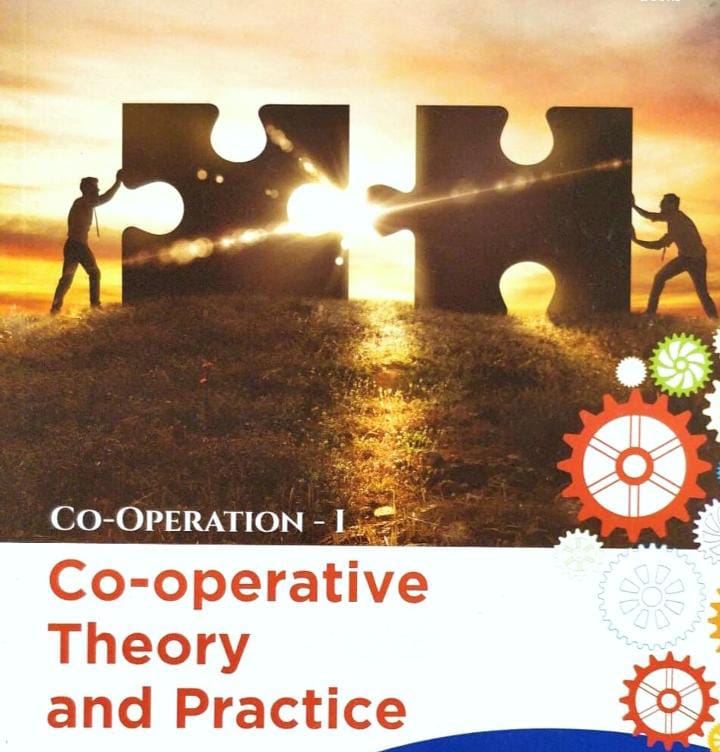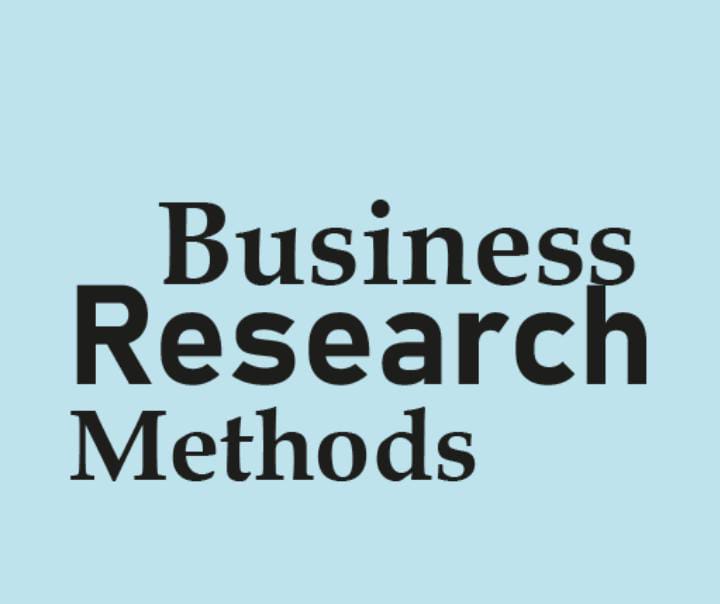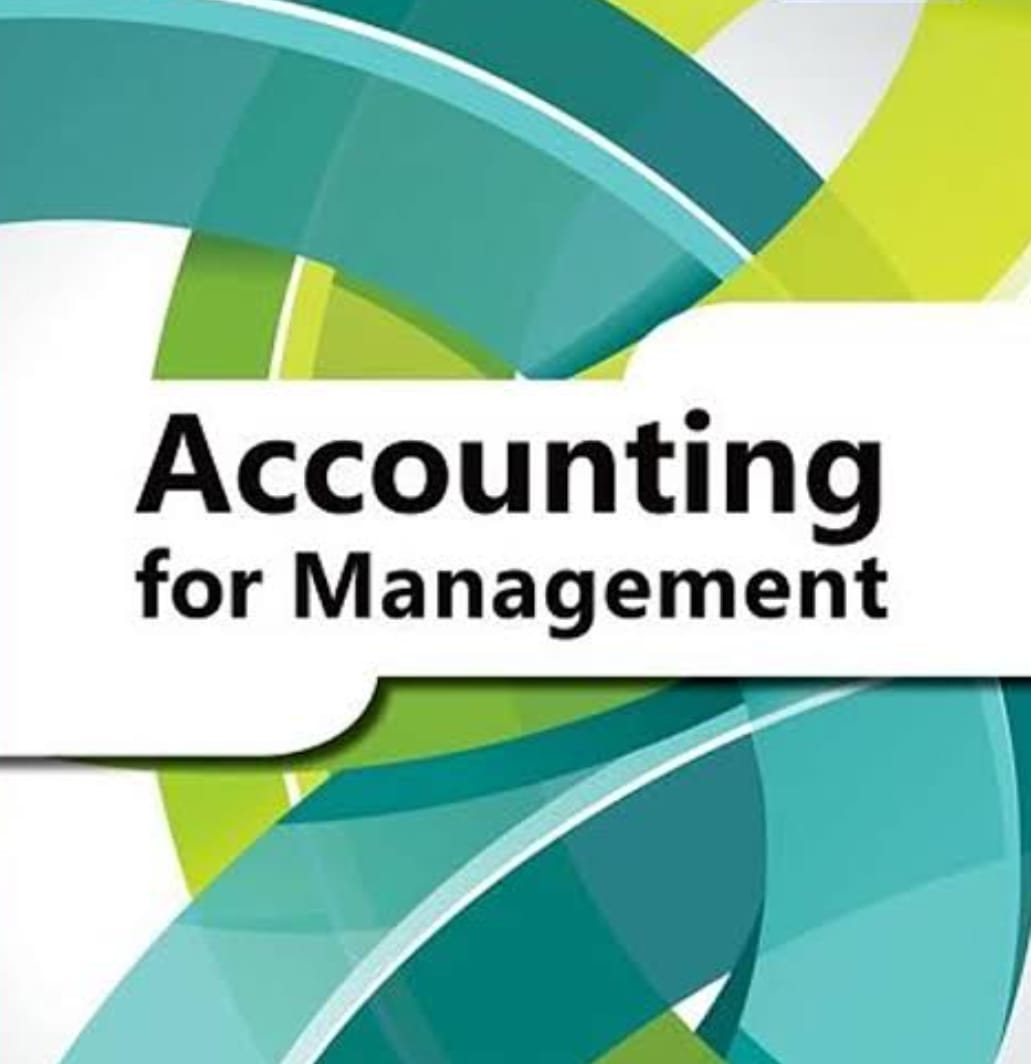
Course Objectives: To enable the students to acquire knowledge about co-operative legal frame work in India and Kerala and to understand the formalities for registering co-operatives and the administrative set up.
Specific Objectives:
1. To make a general study of the cooperative movement in India
2. To study the various legislations governing cooperative societies in India
3. To study the Kerala Cooperative Societies Act and its provisions
4. To understand the administrative set of cooperative department in Kerala
5. To study the features of Banking Regulation Act 1949.
Specific Outcomes:
1. Knowledge of cooperative movement in India helps to form new cooperatives.
2. Knowledge of cooperative legislations helps to go by law and take valid decisions.
3. Learning of Kerala Cooperative Societies Act helps to run societies easily.
4. Administrative set up of Cooperatives helps to contact the right person at the right time.
5. Banking Regulation Act helps to have a comparative study of both the Acts.
- Teacher: KARISHMA. K VV College

Course Objectives: To provide conceptual clarity and theoretical base in co-operation and to provide an overall idea about important types of co-operatives.
Specific Objectives:
1. To give a general idea of cooperative movement
2. To impart knowledge on cooperative movement and other economic systems
3. To learn cooperative education and trainings
4. To understand different types of cooperatives in India
5. To learn some of the successful big cooperative business houses
Specific Outcomes:
1. It helps to learn about cooperation, cooperative movement and its principles
2. It facilitates a comparative study of cooperation and other economic systems
3. It helps to learn cooperative training houses and methods of training.
4. Idea on different types of cooperatives helps to choose from as when needed.
5. History of successful business houses motivates to start new cooperative business houses.
- Teacher: SHEEJA V V VV College

Course Objectives: It aims at providing a basic knowledge and equips students with the provisions of the Income Tax Act in India. It is intended to provide the candidate with basic knowledge of heads of income and computation of taxable income under various heads of income.
Specific Objectives:
□ To learn taxation system in India, and to learn taxable income, exempted income, agricultural income, calculation of taxable income, residential status etc.
□ To learn computation of taxable income under the head Salaries.
□ To understand taxation of income under the head House Property.
□ To study calculation of taxable profits and gains of business or profession.
□ To seek provisions of taxing capital gains and other sources
Specific Outcomes:
1. To understand the method and methodology of taxation on income in India.
2. To learn the provisions related to computation of Taxable Salary Income.
3. Knowledge of taxing income from house property helps the learner to compute taxable income under the head House Property correctly.
4. Knowledge of computing income under the head profits and gains of business or profession helps the learner to do it effectively in life.
Knowledge of computing income under the head Capital Gains and other sources makes the learner self-confident and competent to practice income tax- Teacher: ADHITHYA K ANIL VV College

Course Objectives: To enable students for acquiring basic knowledge in business research methods and to develop basic skills in them to conduct survey researches and case studies.
Specific Objectives:
1. To impart a general idea of research and types of research.
2. To study the fundamentals of research and measurement of reliability
3. To learn scientific data collection process
4. To understand scientific data processing techniques and testing of hypothesis
5. To study drafting of a research report and matters to be kept in mind.
Specific Outcomes:
1. The learner knows the primary matters of business research
2. The student know how to fix a research design, scaling checking validity etc
3. The candidate knows the method of data collection and its processing and validation.
4. The learner knows to process collected data, test hypothesis and arrive at conclusions
5. The student knows well how to write an academic report and present it
- Teacher: SNEHA K T VV College

Course Objectives: It is intended to enable the students to understand the concept and relevance of Management Accounting and to provide the students an understanding about the use of accounting and costing data for planning, control, and decision making.
Specific Objectives:
1. To give an overview of Management Accounting
2. To study the methods of analysing financial statements
3. To learn Ratio analysis
4. To learn Fund Flow and Cash Flow analysis
5. To understand CVP analysis
Specific Outcomes:
1. To make the learner aware of the methodologies of Management Accounting
2. It is to make the candidate learn how to conceive and interpret financial statements
3. Ratios are very helpful tools for analysis and interpretations.
4. Knowledge of movements in working capital helps to check/control flow of funds/cash.
5. Knowledge of CVP analysis will be of great help for managerial decision making.
- Teacher: INDIRA S VV College